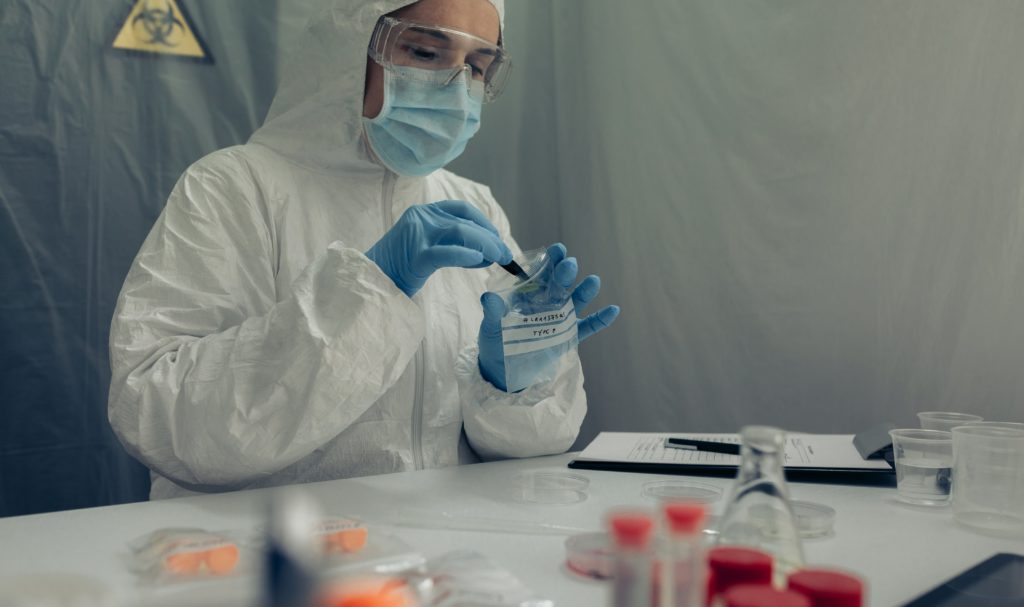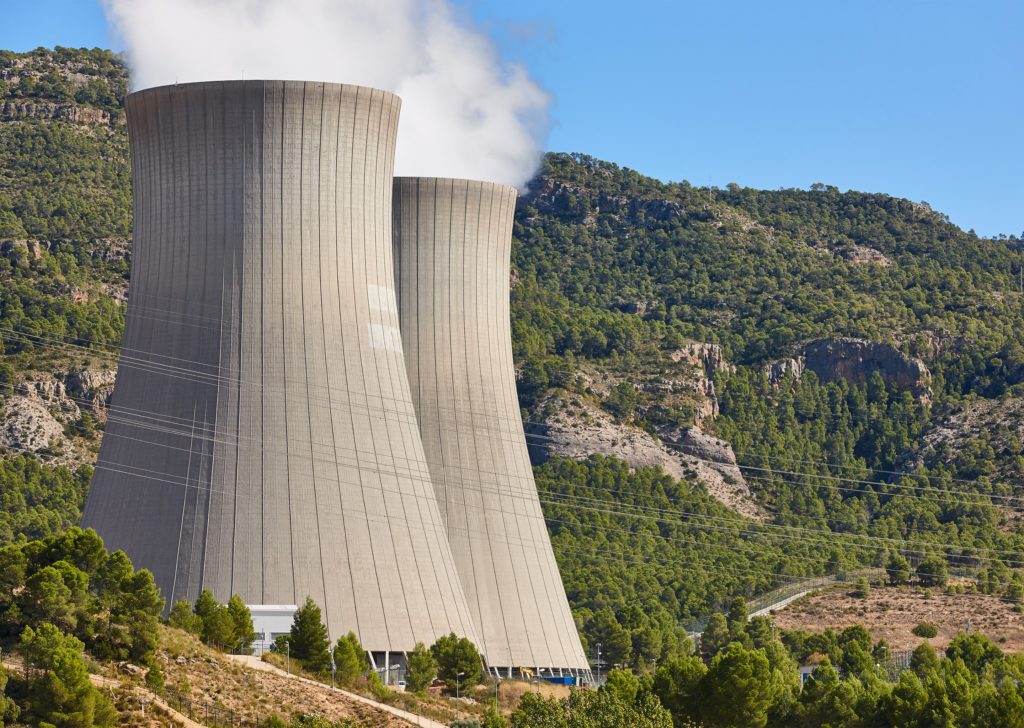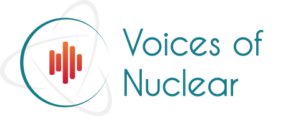Applications
Nuclear power has made it possible to considerably reduce energy poverty in France, and still remains our best defense against the volatility of energy prices.
Electricity is the energy of the future: digitalization, performance, cleanliness, independence, mobility, freedom and the multiplication of uses.
Medecine
The field of medicine has many applications of nuclear technology, whether in diagnosis, treatment or research. Nuclear medicine is therefore a field in constant evolution, offering significant benefits for patients and healthcare professionals.

Public health
Public health is a discipline that aims to protect and improve the health of the population. It encompasses a multitude of areas, such as disease prevention, health promotion, epidemiological surveillance, health emergency management, etc. Nuclear power can have an impact on public health, whether through exposure to radiation, the management of radioactive waste or the contribution of nuclear energy to the production of radioisotopes used in medicine.

Transports
The Transport category is a key area for reducing greenhouse gas emissions and combating climate change. The use of alternative and sustainable energy sources is a major challenge in reducing the carbon footprint of transport, and nuclear energy can play an important role in this energy transition.

Others
The “Other” category brings together various subjects related to nuclear power, such as the use of radioactive gauges for measuring the thickness, density or humidity of materials, the production and use of hydrogen as a energy source, as well as radiation protection for workers and the general public. These topics, although varied, all share a connection to the use of radioactivity in various applications and highlight the many aspects of nuclear technology that touch different areas of our daily lives.

